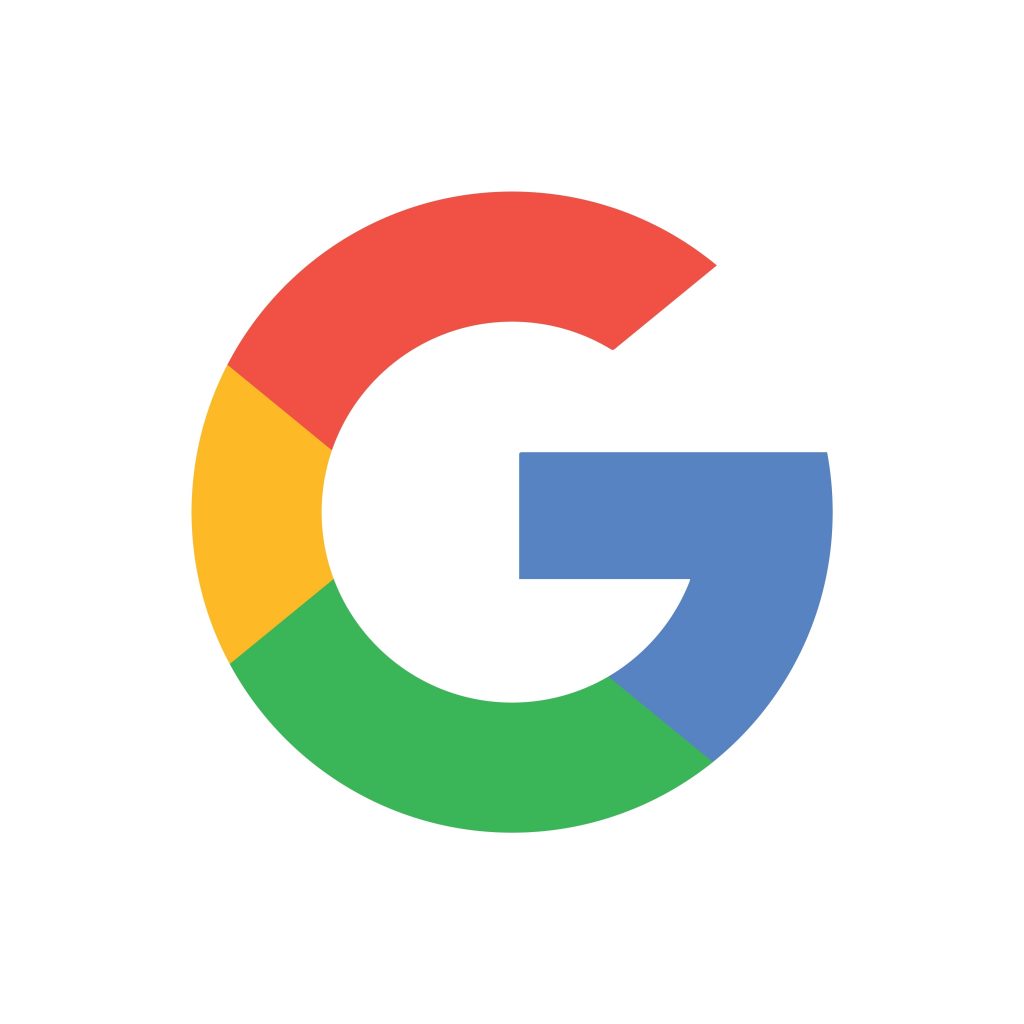Google’s adjustments to its Chrome web browser’s extension policy, specifically the shift from Manifest V2 to Manifest V3, signify significant changes that may complicate the operations of advertising blockers, notably on YouTube. This strategic move aims to bolster Google’s control over the platform’s advertising policy by altering the conventional updating methods for advertising blockers.

Impact on Developers and Updates
Under the existing Manifest V2 platform, developers enjoy swift extension updates for the browser. However, the mandatory shift to Manifest V3 by June 2024 introduces new restrictions, including a meticulous verification process for each update before approval. This change is poised to create hurdles for advertising blockers, potentially slowing down updates and offering YouTube an advantage in adapting to new ad-blocking methods.
Challenges with Manifest V3
Manifest V3 presents additional complexities for advertising blockers. While Google claims this transition enhances user data protection, it intensifies the battle against advertising blockers. Developers are now compelled to update block lists daily due to YouTube’s frequent advertising system alterations. The elongated testing process in Manifest V3 allows Google to impede extension checks, giving YouTube an edge in this ongoing contest.
User Implications and Alternatives
End-users relying on advertising blockers on YouTube might encounter hardships post-Manifest V3 implementation. Some might seek refuge in alternative browsers like Mozilla Firefox, which doesn’t adhere to Manifest V3. Google anticipates that users might choose to tolerate ads or opt for the $13.99/month YouTube Premium subscription.
Alternatively, users can explore OS-level advertising blockers like ADGUARD. Despite facing brief issues due to recent changes, its premium version, priced under $30 per year, offers ad-free YouTube—an appealing option against a $14 monthly subscription. A more comprehensive license at $80 is also available.
Impact of Google’s Strategy
In essence, Google’s strategy strengthens its stance against advertising blockers, exerting stricter control over extension updates and potentially limiting user choices in favor of commercial interests, concludes NIXsolutions. This strategic shift might reshape the landscape of ad-blocking usage, compelling users to seek new methods to evade advertisements.
